Why Business Policies and Procedures Matter
Every business, no matter the size or industry, needs clear and structured policies and procedures.
They define how things should be done, ensure compliance, and reduce confusion across teams.
But here’s the problem:
📌 Most companies don’t have well-documented policies and procedures.
📌 Employees rely on outdated documents—or worse, verbal instructions.
📌 When issues arise, there’s no written process to follow.
📌 Inconsistent procedures lead to mistakes, inefficiencies, and compliance risks.
That’s why businesses need a professional technical writer—someone who specializes in writing, structuring, and organizing policies and procedures so they’re clear, actionable, and effective.
Who Writes Business Policies and Procedures?
Many companies assume that managers or HR teams should handle documentation.
But writing effective policies and procedures is a specialized skill that requires:
📌 Clear, concise writing – Avoiding jargon and keeping it simple.
📌 Process mapping expertise – Structuring procedures logically.
📌 Compliance knowledge – Ensuring legal and regulatory alignment.
📌 Formatting skills – Making documents easy to navigate and read.
A technical writer is trained to do all of this.
Unlike employees who are focused on daily tasks, technical writers turn complex processes into clear, structured documents that are easy to follow and enforce.
The Cost of Poorly Written Policies and Procedures
If your policies and procedures aren’t documented properly, your business is at risk.
📌 Compliance issues – Missing documentation can result in legal penalties.
📌 Operational inefficiencies – Employees waste time searching for answers.
📌 Higher training costs – New hires struggle without structured guidelines.
📌 Inconsistent decision-making – Different teams follow different processes.
📌 Increased errors – Lack of clear instructions leads to costly mistakes.
Studies show that companies with well-documented procedures operate up to 30% more efficiently than those without.
What Makes a Good Policy or Procedure Document?
A well-written policy or procedure should be:
✅ Easy to read and understand – Clear, plain language without jargon.
✅ Well-structured – Logical flow with headings, steps, and formatting.
✅ Accessible – Available where employees can easily find and use it.
✅ Actionable – Employees should be able to follow the instructions without confusion.
✅ Consistent – Aligned with other company documents and processes.
Without these elements, policies and procedures become useless.
How a Technical Writer Creates Business Policies and Procedures
A technical writer follows a structured process to develop effective documentation.
Here’s how it works:
1️⃣ Information Gathering
- Interviewing key employees and subject matter experts.
- Reviewing existing policies and identifying gaps.
- Researching industry regulations and compliance needs.
2️⃣ Organizing the Structure
- Creating an outline for clarity and flow.
- Defining roles and responsibilities in procedures.
- Using standard templates for consistency.
3️⃣ Writing Clear, Step-by-Step Procedures
- Keeping language simple and direct.
- Using bullet points, numbered steps, and bold text for emphasis.
- Avoiding vague instructions that lead to misinterpretation.
4️⃣ Formatting for Readability
- Breaking up long sections with headings and visuals.
- Using tables, diagrams, or process maps where necessary.
- Ensuring documents are mobile-friendly for digital access.
5️⃣ Review and Validation
- Getting feedback from key stakeholders.
- Testing the document to ensure usability.
- Updating and refining based on real-world use.
This process ensures business policies and procedures are useful, practical, and scalable across the organization.
The Business Impact of Well-Written Policies and Procedures
When policies and procedures are clear, structured, and accessible, businesses experience:
✅ Faster onboarding – New employees get up to speed quickly.
✅ Reduced compliance risks – Proper documentation prevents legal issues.
✅ Better decision-making – Teams follow consistent guidelines.
✅ Higher efficiency – Less time wasted figuring out how things should be done.
✅ Stronger accountability – Employees know exactly what’s expected of them.
Good documentation isn’t just about compliance—it’s about running a business more effectively.
When Should a Business Hire a Technical Writer?
If your company is experiencing any of these issues, it’s time to bring in a technical writer:
🚨 Policies and procedures are outdated or missing.
🚨 Employees frequently ask how to complete tasks.
🚨 Different teams follow inconsistent processes.
🚨 Training and onboarding take too long.
🚨 Compliance requirements aren’t being met.
A technical writer ensures that policies and procedures are clear, structured, and usable—so your business operates smoothly.
How Aliso Digital Can Help
At Aliso Digital, we specialize in writing, formatting, and structuring business policies and procedures that improve efficiency and compliance.
We help businesses:
📌 Develop professional, easy-to-follow documentation
📌 Standardize procedures across teams and departments
📌 Ensure policies meet legal and industry requirements
📌 Create digital-friendly documents for easy access
If your company needs structured, well-documented policies and procedures, we’re here to help.
👉 Visit Aliso Digital to get professional business documentation today.






